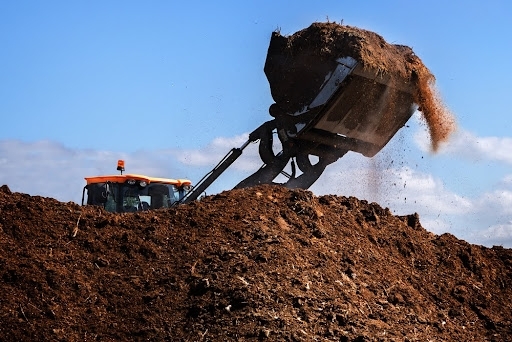Plants and solutions proposed by IDRO Group
The IDRO Group has acquired a great deal of experience in the design and construction of specific installations for the agricultural and livestock sectors.
In addition to the construction of tanks for the collection of livestock manure, the Group also designs and supplies solutions tailored to the needs of modern livestock farms and farms, such as deodorization plants and biogas production plants.
In fact, Idro Group designs and builds plants for the production of biogas from agricultural or livestock waste, with different capacities, from 50kW to 1000kW.
In this way, farms can valorize their waste and reduce their waste disposal costs. Idro's solutions also include desulphurization plants for upgrading to biomethane.
The Group's many years of experience in the field and its highly specialized team enable Idro to identify the optimal solution in response to the specific peculiarities of the farm. To learn more, do not hesitate to contact us.






